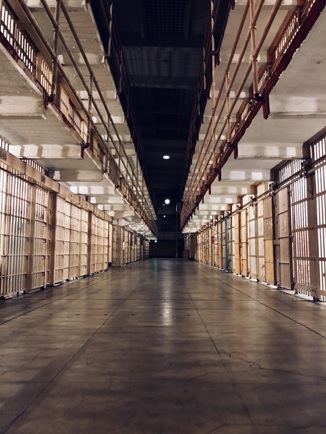According to The Guardian, America’s criminal justice system has one law for the rich and another for the poor. Of all these laws, most exploitative is the bail laws. In most cases, money is the sole deciding factor that guarantees someone’s release from jail.
Let’s study three basic arguments against cash bail.
Is cash bail justified?
Let’s take an example to understand where the problem lies. In 2008, of all the defendants that were arrested and given bail of $1000 or less, only 13% were able to pay the bail amount. The remaining 87% stayed behind bars because they couldn’t afford to post bail. This means that defendants need a monetary incentive to make sure that they return to court.
This is why more than 60% of defendants are currently locked up in America’s jails without having gone through trial. Nine out of ten are stuck because they don’t have enough cash on them to buy their way out. As a result, even low-risk defendants that are guilty of minor misdemeanors like shoplifting or traffic violations await justice for months and even years!
You’d be surprised to know that this comes from the same justice system that spends $14 billion on pre-trial confinement every year!
The link between bail and plea bargains
The Guardian report also states that bail has been long used as ransom to extract a guilty plea. Guilty plea refers to a defendant’s admission of guilt in front of a court. The US bail system is designed to keep an indigent person in jail before a trial for as long as it can. This makes things hard for the defendant and their families—both financially and emotionally.

Research suggests that since 1960s, defendants detained on pre-trial basis were offered harsher plea offers, compared to the ones who paid for their bail. Nearly 99.6% of misdemeanor convictions in NYC come from plea deals. These defendants have to negotiate the terms and conditions of their plea deal from their prison cell, which puts them at an unfair advantage.
The defendant’s ability to pay
Here’s another problem with cash bail:
If two defendants, Jane and Joan, have been accused of the same crime and their economic statuses are different, they should be ideally assigned different bail amounts. If Jane earns $20,000 per year and Joan earns $200,000 per year, how is it fair for the court to set a bail amount of $20,000 for both of them? We’re assuming that both Jane and Joan also have similar criminal histories.
When deciding the final bail amount, the court doesn’t take the defendant’s annual income into consideration.
Therefore, bail bonds are a more feasible alternative to cash bail. If you’re based in Indiana, DeLaughter Bail Bonds would love to help. Read more about our 24-hour bail bond services here.




